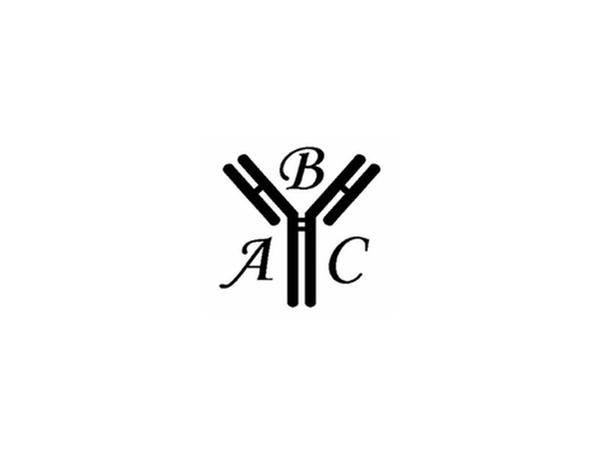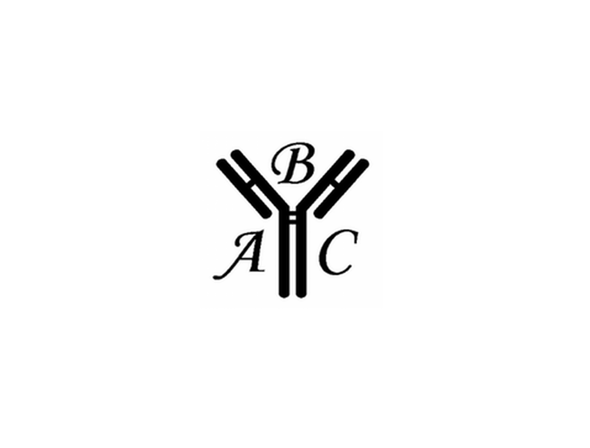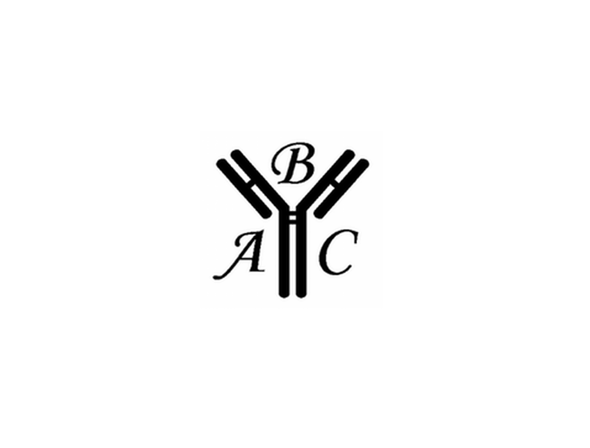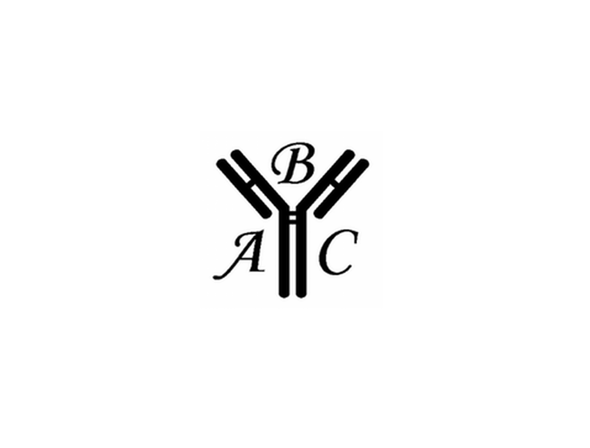Description
HRP-conjugated Goat Anti-Human Apolipoprotein AII | ABMC-H04
| Host Species: | Goat |
| Concentration: | 1 mg/ml (OD 1.35 / 280 nm) |
| Antigen: | Human Apolipoprotein AII |
| Purification: | Affinity purified |
| Form: | Freeze dried powder |
| Buffer: | 50 mM PBS, 0.1 M NaCl, and 0.01% Thiomersal, pH 7.4. |
| Specificity | Specifically binds to human apo AII. Dilution for immunoblot and ELISA range: 1,000 to 8,000. |
| Use: | The antibody can be used for detection of apo AII in plasma and lipoproteins, immunoassays, immunoblots, enzyme conjugation, or biotinylation. |
| Storage: | -20°C for long-term storage, 4°C for short- term storage. Aliquot to avoid repeated freezing and thawing. |
| Form: | Freeze dried powder |
| Stabilizer: | 10 mg / ml Bovine Serum Albumin. |
|
Reconstitution and Storage: |
Freeze-dried product should be stored refrigerated until opened. After opening, restore to suggested ml volume with distilled water. If it is not completely clear after standing for 1-2 hours at room temperature, centrifuge the product. It is stable for several weeks at 4°C as an undiluted liquid. Do not use for more than one day after dilution. For extended storage after reconstitution, we suggest aliquot to avoid repeated freezing and thawing; or the addition of an equal volume of glycerol to make a final glycerol concentration of 50%, followed by storage at -20°C. The concentration of protein and buffer salts will decrease to one-half of the original after the addition of glycerol. |
*These products are for research or manufacturing use only, not for use in human therapeutic or diagnostic applications.
IMPORTANCE
Apo AII comprises 25% of HDL. It exists in human plasma as a dimer of 2 identical chains of 77 amino acid residues, joined by disulfide. The molecular weight is reported to be 8.7 kDa for a single chain (Brewer et al., 1972).
Studies on mouse reported that apo AII may be proatherogenic (Warden et al., 1993); however, case-control study in the large European Prospective Investigation demonstrated that plasma Apo AII concentrations were strongly inversely correlated with CHD events (Birjmohun et al., 2007).






